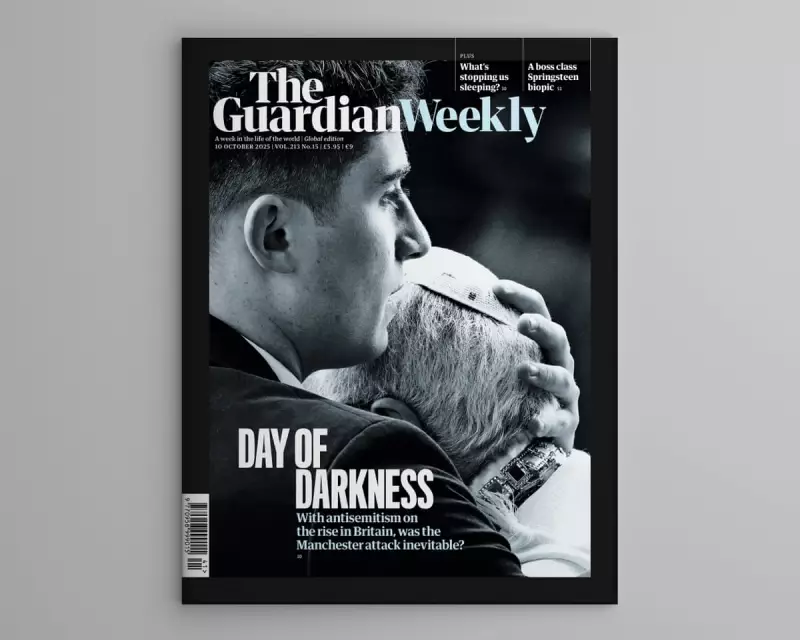
On a day that would become known as Manchester's 'Day of Darkness,' Britain's second city found itself plunged into chaos by a sophisticated cyber assault of unprecedented scale. This exclusive investigation pieces together the dramatic events of that fateful October day, revealing how coordinated digital attacks crippled essential services and left millions grappling with the terrifying reality of modern vulnerability.
The Hour the City Went Silent
It began in the early hours, with a series of coordinated strikes that targeted the very backbone of Manchester's infrastructure. Transport networks ground to a halt as traffic lights failed and rail systems shut down. Hospitals found themselves reverting to paper records as digital systems collapsed, while emergency services struggled to maintain communication.
Inside the Crisis Response
Emergency protocols, never before tested on such a scale, swung into action. Council leaders established emergency command centres while cybersecurity experts raced against time to contain the damage. The attack exposed critical gaps in Britain's preparedness for digital warfare, raising alarming questions about the resilience of other major cities.
A Wake-Up Call for Digital Britain
What makes Manchester's ordeal particularly significant is its implications for the entire nation. This wasn't just a localised incident but a stark warning about the fragility of our increasingly connected society. The attack demonstrated how easily modern urban centres can be brought to their knees when digital systems fail.
Lessons from the Frontline
As Manchester slowly recovers, crucial questions remain unanswered. How did attackers penetrate multiple systems simultaneously? What can other cities learn from Manchester's experience? And most importantly, is Britain truly prepared for the next digital assault?
The events of that October day serve as a sobering reminder that in our hyper-connected world, the battlefield has shifted from physical terrain to digital networks, and no city is truly safe.





